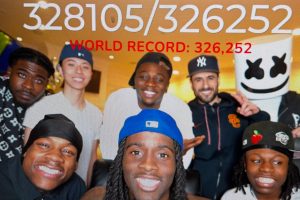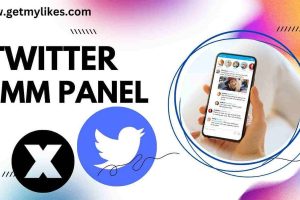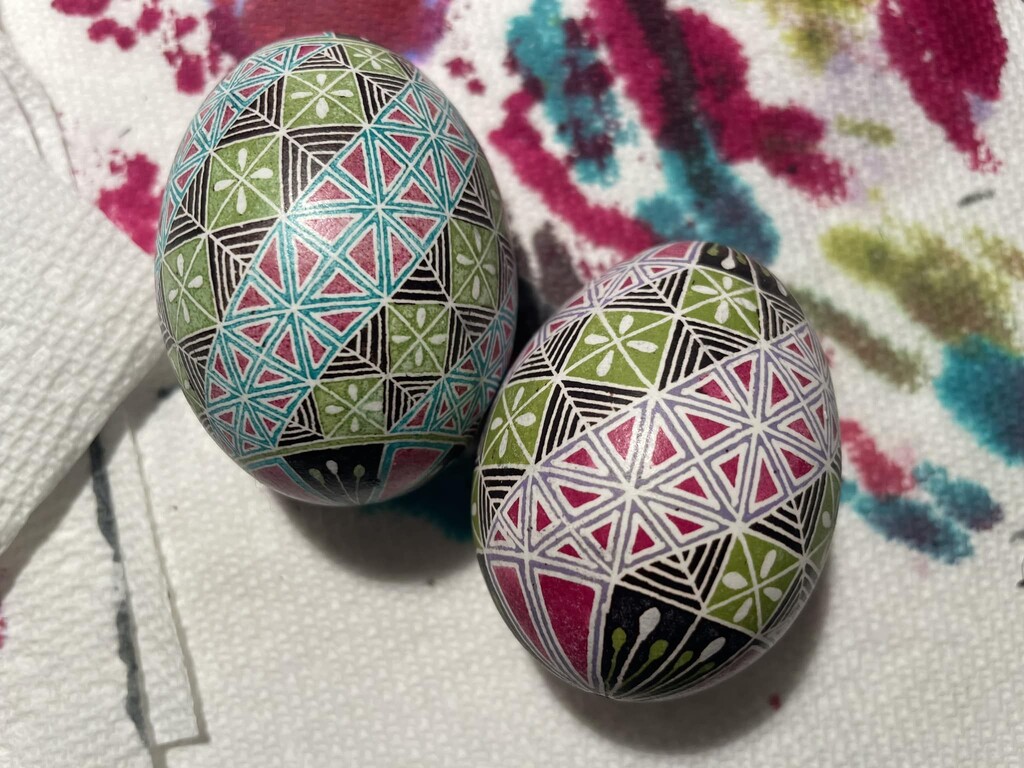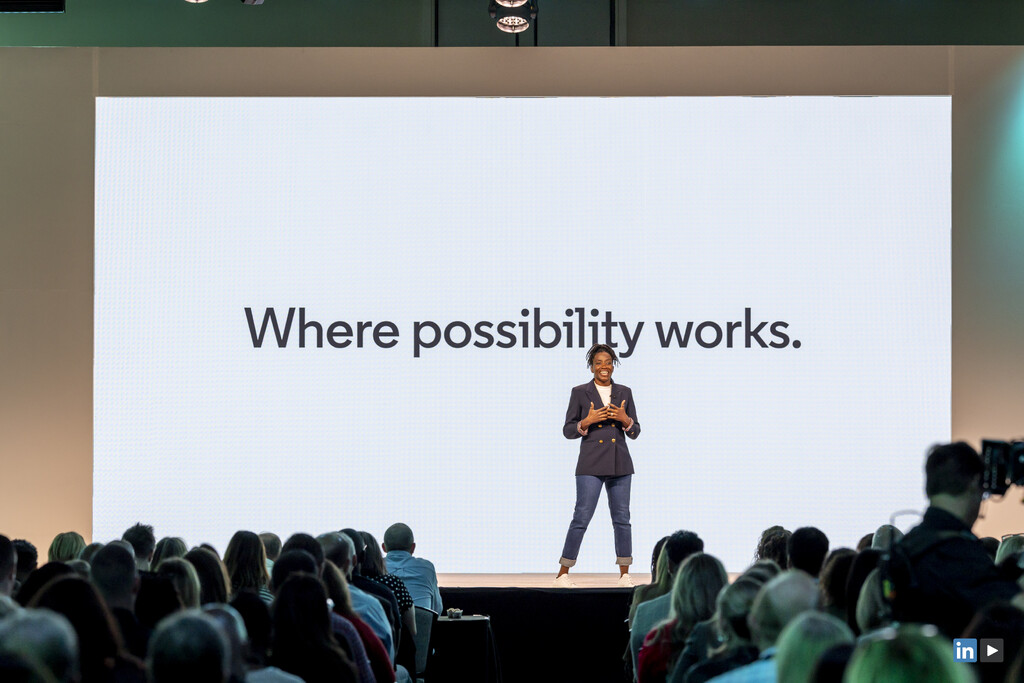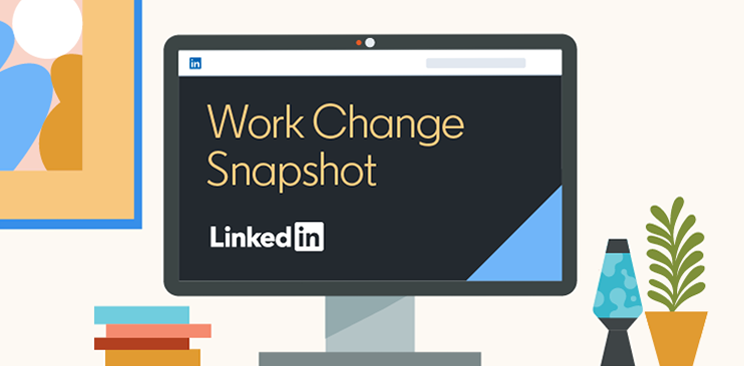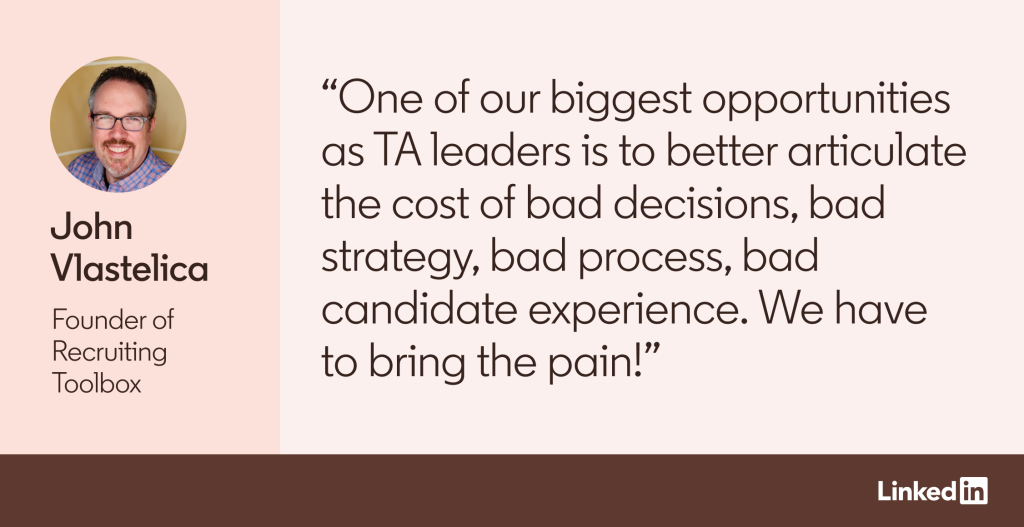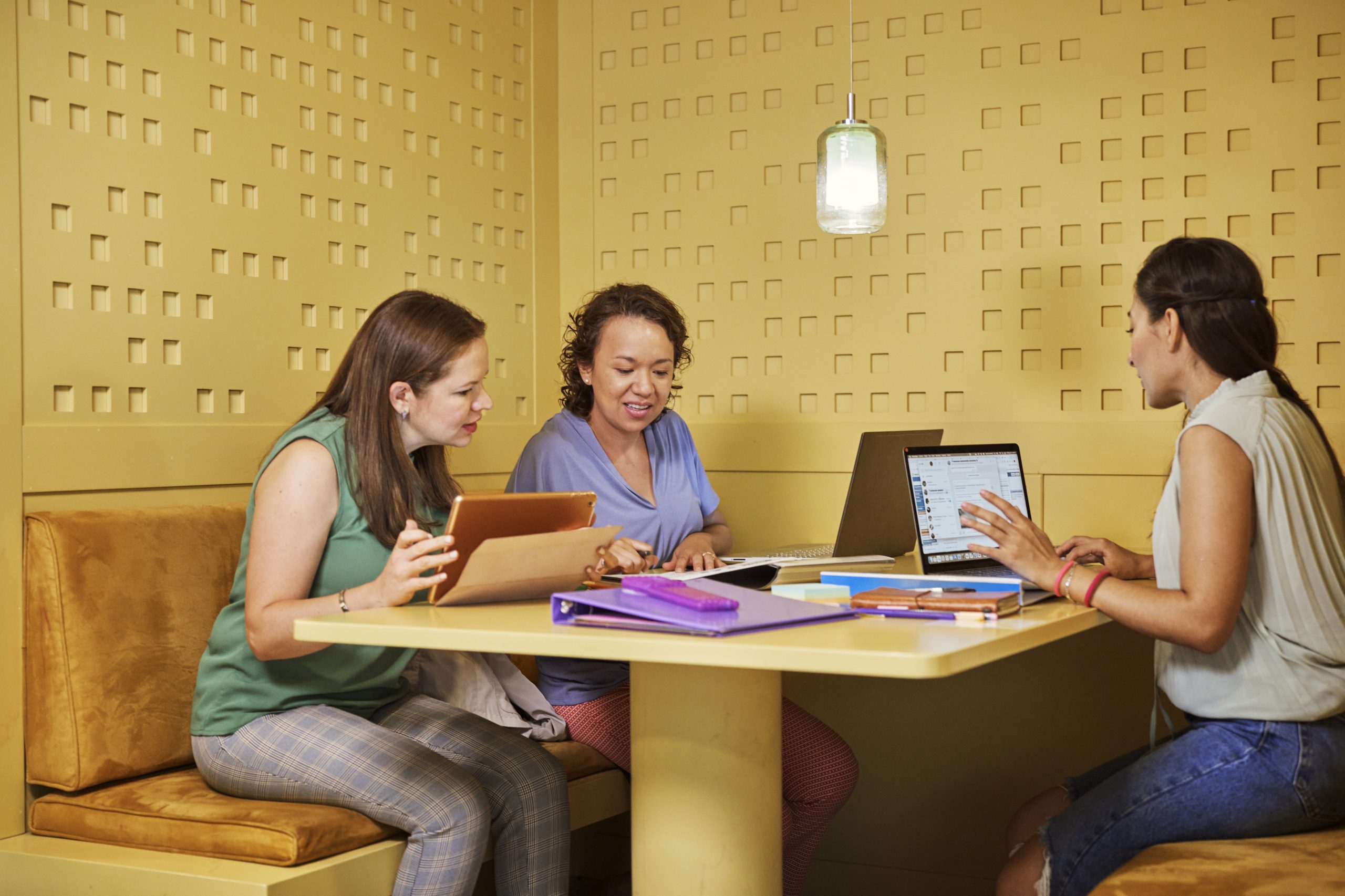Life is not all about work. But having a big, rich life can influence your work.
And who knows this better than learning and development professionals? Most talent development professionals go into the field because they love learning. If anything, they’re the Hermione Grangers of the workplace. After the 9-to-5 ends, they’re as likely as not to be listening to a podcast, sticking their nose in a book, or mastering new skills. On the clock or not, L&D professionals are always learning.
So in the spirit of this passion, we asked five learning and development leaders: What is one hobby or interest outside of work that has positively influenced your approach to learning and development?
Below you’ll find their answers, which touch on everything from jazz to basketball to Ukrainian egg painting. In other words, their interests are as far-ranging as the knowledge they impart every day.
Terri Horton: Jazz has inspired her to look at how employees can learn and blend various skill sets
“I am an avid jazz enthusiast,” says Dr. Terri Horton, a workforce futurist and instructor of the new LinkedIn Learning course, Applications of Generative AI in L&D, “and my passion for blended jazz genres from around the world uniquely influences my approach to developing L&D programs.
“Jazz is inherently about improvisation, collaboration, and the fusion of diverse musical traditions. So, it is easy for me to draw parallels between how jazz musicians integrate different styles and how L&D programs can enable employees to learn and blend various skill sets to innovate and adapt to the evolution of work. L&D programs should be engaging and adaptive, empowering learners to experiment with new ideas, like a jazz musician exploring new genres.
“An exciting intersection of my passions for jazz and L&D is that technology has shaped and influenced them over time. Technology has expanded the reach of jazz, just as it has expanded the reach of learning, and generative AI can transform both exponentially. What I also appreciate about leveraging parallels between jazz and L&D is that doing so can foster versatility and creativity and enable learners to transcend traditional role boundaries, which is critically essential for navigating the AI-driven future.”
Lori Niles-Hofmann: A traditional artform has taught her about digital learning and how people access information
“My hobby is actually a very esoteric one,” says Lori Niles-Hofmann, senior ed tech transformation strategist at NilesNolen. “I am a pysanky writer. This means that I use wax and dyes to write designs on eggshells. [See photo above.] This is primarily a Ukrainian tradition, but as a Canadian Pole, I learned the techniques.
“This has taught me a lot about digital learning, believe it or not. Much of the history was oral or in very-hard-to-find books. Around a decade ago, more artists started blogs, YouTube, and even TikTok channels to demonstrate the craft.
“This translation of a fine art into modern society serves as an inspiration for how I think about ed tech ecosystems and how people gain information and experience. Best practices once passed down through generations are now hashtags, posts, and comments. It is fascinating.”
Christopher Lind: Spending time with his children, and watching how they learn, has informed his approach to learning for adults
“Anyone who’s followed me for long knows that being a dedicated father to eight children plays a significant role in my life,” says Christopher Lind, executive advisor for business and product transformation at the Christopher Lind Co., “but it’s also one of the biggest influences on my approach to learning.
“Having the opportunity to spend so much time with them allows me to observe the diversity in their motivations for learning and the many creative pathways they take to achieve results. They’re also tapped into the norms of today’s youth, giving clear insight into how today’s cultural and technological changes are impacting current and future generations of employees.
“Furthermore, while adults often consider themselves a different species than children, there are far more similarities than differences. What works with my kids is well-received and refreshing to adults.
“My children are a fantastic incubator for developing and experimenting with creative ideas to see how they might be received and measure their effectiveness. I also greatly appreciate their curiosity and openness to new ideas, balanced by their candor and honesty about what they think.
“They truly are a powerful catalyst for positive change and innovation.”
Ruth Gotian: Reading has given her valuable insights and kept her open to new ideas
“One hobby that has significantly shaped my approach to learning and development is my lifelong love for reading,” says Ruth Gotian, chief learning officer at Weill Cornell Medicine. “As a child, I would pack a separate suitcase full of books for family vacations, ensuring I was never without something to read. Today, I continue that habit, devouring 50 to 70 books per year across a wide range of genres, including fiction, nonfiction, business, and autobiographies.
“This passion for reading fuels my curiosity and provides new perspectives that enhance both my coaching and L&D work. Fiction helps me develop greater empathy, which is invaluable when tailoring learning experiences or coaching individuals. Nonfiction and business books provide practical strategies and insights, enriching the way I guide others in their professional growth.
“Reading also keeps me open to fresh ideas and ensures I stay innovative in my approach, reminding me that learning, like coaching, is a continuous journey of growth and discovery.”
Naphtali Bryant: Basketball has shown him how much individual growth contributes to a team’s success
“My passion for basketball,” says Naphtali Bryant, executive coach and leadership consultant at RAC Leadership, “has deeply influenced how I approach learning and development. Just like basketball, L&D requires mastering skills, leadership, playing to strengths, and teamwork.
“From the court to corporate development, the sport has taught me that intentional growth can create remarkable outcomes. These lessons in skill enhancement and adaptability are pivotal not just in sports but in guiding teams and leaders to grow in any organization.
“Watching games has also fine-tuned my ability to analyze strategies and team dynamics, enriching my L&D solutions that emphasize individual strengths contributing to team success. This perspective helps me empower people to harness their unique talents, significantly improving team performance and achieving organizational goals.
“My passion for basketball enriches my tool kit as an L&D leader, infusing my strategies with a dynamic blend of discipline and creativity, equipping me to develop high-performing teams and visionary leaders who thrive by design.”
